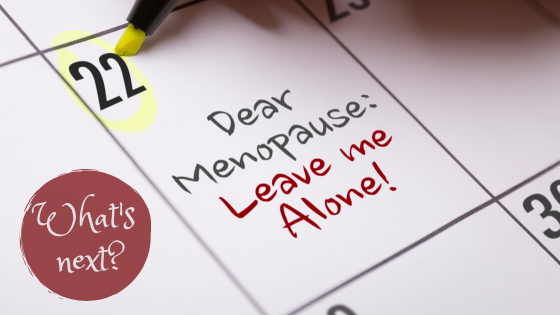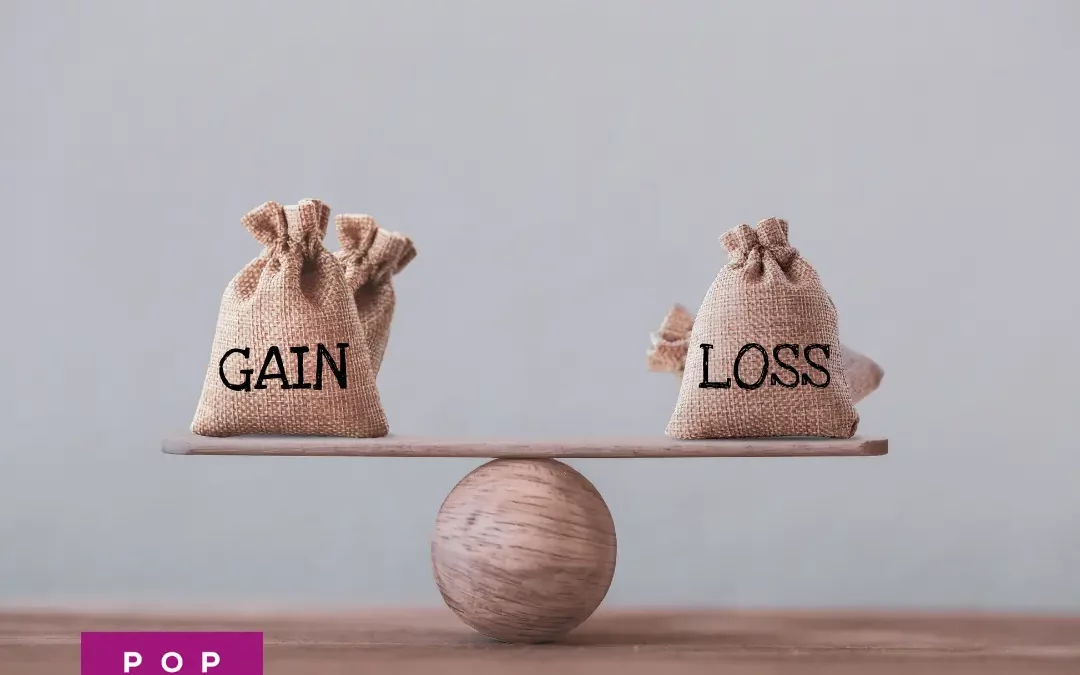?5/21 Nutrition Tip: This applies to any stress disrupter in the body, so buckle up and pay attention ?
Obviously, menopause causes several hormonal shifts in the body. This can, in turn, change how your body looks and feels. The changes in estrogen, progesterone and testosterone also cause an increase in abdominal fat. Consequently, a lot of women notice weight going on in their midsection, even if that’s never where they stored it before.
To make matters worse, I find most women assume that the solution to their seemingly uncontrollable weight gain is to just eat less and train harder. But honestly, in my opinion, this makes a bad situation worse by over stressing an already stressed out body.
What you have to understand is that your body is not the body you had in your 20’s. While this might be hard to accept, mentally, you have to respect that your hormonal environment and your metabolism are changing. The basic law of thermodynamics (calories in vs. calories out) assumes a perfect internal environment. Menopause is anything but!
Common nutrition and fitness mistakes during menopause
Here are some really common mistakes I see:
* Doing too many HIIT sessions or highly intense conditioning work to try to lose weight
* Dramatically lowering calories or restricting carbs
* Failing to rest enough to allow your body to recover adequately
* Not engaging in low intensity training or restorative movement
* Not prioritizing self-care, finding the time to relax and restore, manage stress
* Lack of focus on food quality. The metabolic disruption that occurs during menopause means what you eat becomes even MORE important.
The solution to weight gain during menopause needs to be addressed through the scope of someone’s lifestyle, not just diet or exercise alone. When I work with women who are going through menopause, one of the most important things we do is to take a holistic view of health. Sleep, stress, hydration, food quality, exercise, self care, nutrition– we take it ALL into consideration. And, I feel this is what truly helps keep unwanted weight gain away.
How to avoid weight gain during menopause
If you find the pounds are creeping on, here’s what I suggest for weight management:
* Balance your training. Your exercise program should be designed to include: 1)strength work to both build and sustain lean muscle which deteriorates with age, 2) aerobic conditioning in moderation, and 3) restorative movement to alleviate high cortisol and encourage parasympathetic nervous system function.
* Prioritize self care. Women often neglect this area of their lives. I think this is largely because they get so wrapped up caring for those around them that they often forget about themselves. However, stress is a massive factor for fat gain. So, taking the time to mentally unwind, destress, etc., is very important.
* Get good sleep! Interrupted sleep, which can occur frequently during menopause, will also affect your stress levels. Don’t be afraid to take it easy on the days when you are tired. Try to take a nap if you slept poorly or adjust your workout as needed.
* Eat a balanced diet, not a deficient diet. Don’t slash carbs. Don’t slash fats. Eat healthy ratios of all three macros.
* Prioritize food quality. Lean proteins, healthy fats, and complex carbs in the form of fruit, vegetables, and grains (fiber) should comprise the bulk of your diet. Limit and/or reduce alcohol, sugary starches, and low nutrient processed foods.
* Be patient. Weight loss and body composition changes are NOT impossible but they may take longer. Don’t just think short term. Make sure you focus on the big picture and keep the overall scope of your health and wellness in mind.
* Get support. Everything’s easier when you know you are not alone. It’s hard when you feel like your body is working against you, so I suggest taking the opportunity to work with a coach. Or, join a support group, find an online community or seek out other ways to interact with people who will encourage you and your health goals.







